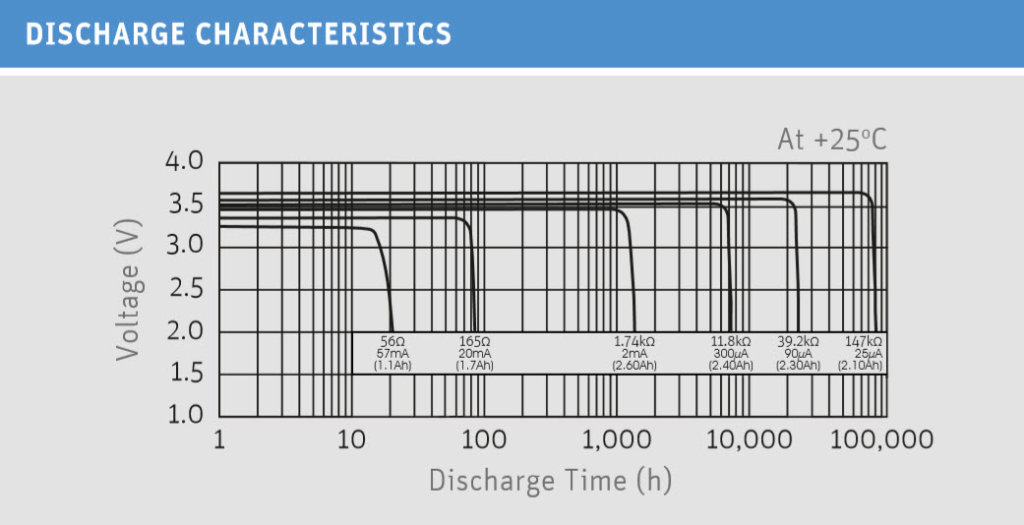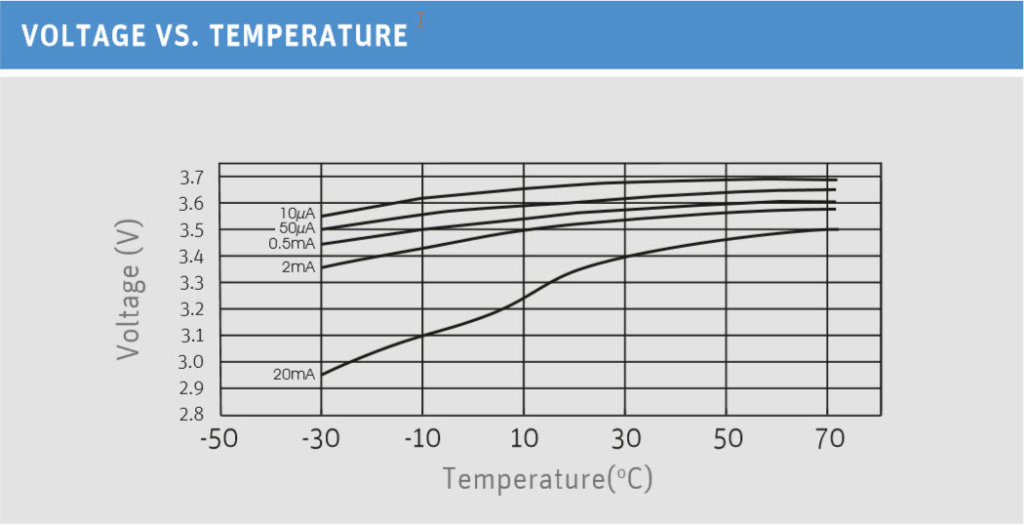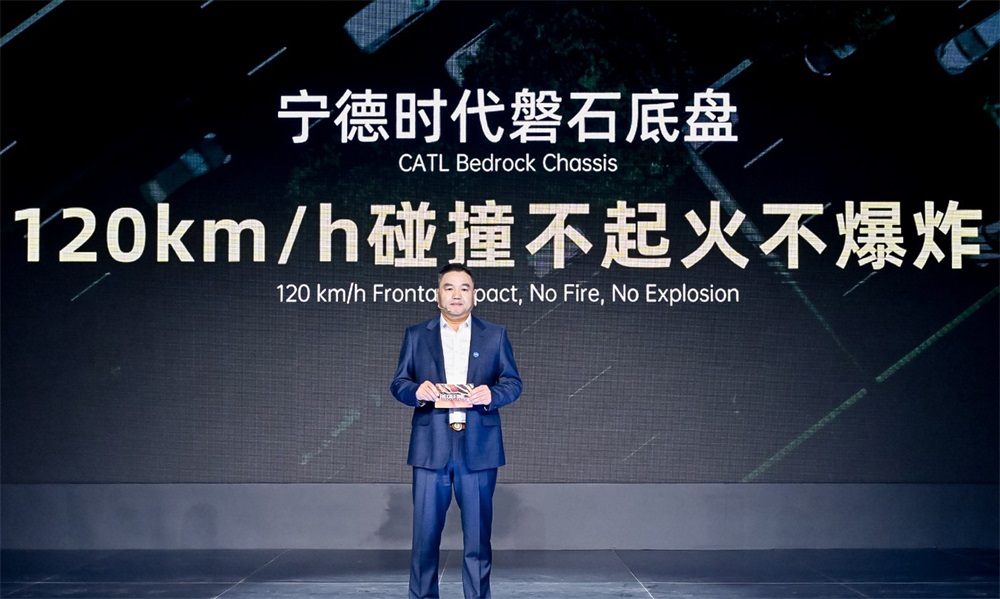Lithium Thionyl Chloride Batteries: A Long-Lasting, High-Performance Low Power Solution
Lithium thionyl chloride (Li/SOCl₂) batteries are highly efficient and long-lasting primary cells, ideal for applications requiring stable, low-power energy over extended periods. Unlike lithium-ion or lithium-polymer batteries, Li/SOCl₂ batteries cannot be recharged once discharged, but their extended lifespan—lasting months or even years—makes this feature less significant in everyday use, especially for applications that need consistent, low-power energy without frequent replacements.
For years, EnergyX Batteries has been a key supplier of lithium thionyl chloride batteries, and this year, the product range has expanded to include their own branded cells. Below, we introduce the key characteristics and advantages of lithium thionyl chloride battery chemistry.
High Voltage and Stable Performance: Superior to Traditional Lithium Batteries

Constant voltage: The Li/SOCl₂ battery provides a constant voltage of 3.6 volts until it is almost fully discharged
The voltage of lithium thionyl chloride batteries is 3.6V, significantly higher than that of traditional lithium primary batteries such as lithium iron sulfide or lithium manganese dioxide cells, which typically range from 1.5V to 3V. This makes the voltage level of Li/SOCl₂ batteries comparable to that of lithium-ion batteries, and the voltage remains stable throughout the discharge cycle, ensuring consistent and reliable performance.
Moreover, lithium thionyl chloride batteries exhibit extremely high energy density, reaching up to 710 watt-hours per kilogram, outperforming most other primary batteries. This makes them particularly suitable for low-power applications with high energy demands.
Low Current Applications and Wide Temperature Range: Suitable for Various Environments

Temperature: Energyx batteries reliably deliver high voltages even at minus double digit temperatures
Lithium thionyl chloride batteries are ideal for applications that require low current over extended periods, such as smart locks, timers, metering systems, and various monitoring devices. Their high energy density ensures that these applications can run for months or even years without the need for battery replacement.
The operating temperature range of Li/SOCl₂ batteries is wide, from -60°C to +85°C, making them versatile even in extreme conditions. Particularly notable is their performance in low-temperature environments. Even at sub-zero temperatures, the battery continues to deliver stable, high voltage, ensuring reliable operation in cold climates.
Low Self-Discharge Rate: Long Lifespan and Durability
Li/SOCl₂ batteries are renowned for their exceptional durability and long lifespan, with an annual self-discharge rate of only 1%. This low self-discharge rate makes these batteries ideal for applications requiring long-term storage and use without frequent maintenance or replacement.
The battery's longevity is due to its unique chemical reaction during use. Unlike other lithium primary batteries, a chemical reaction occurs between the lithium anode and the electrolyte in a lithium thionyl chloride battery. This leads to the formation of a protective layer on the lithium anode, which reduces ion flow between the anode and the cathode, a phenomenon known as "passivation."
While passivation has both benefits and drawbacks, it helps reduce the battery's self-discharge rate. On the downside, this protective layer may slightly impede current flow when the battery is first used. However, as the battery discharges, the protective layer gradually disappears. Once the battery stops discharging, this layer reforms. This passivation makes Li/SOCl₂ batteries particularly suited for low-power applications, where power requirements may be constant or pulse-like.
Multiple Sizes and Configurations: Meeting Diverse Needs
Lithium thionyl chloride batteries come in a range of sizes and designs to suit various application requirements. The "spool-type" structure has become the most commonly used design for these batteries. This configuration is also employed in EnergyX's lithium thionyl chloride cells, which feature high safety standards and long service life, capable of providing up to 2 amps of current.
Whether your application requires a specific size or configuration, EnergyX offers a comprehensive range of Li/SOCl₂ batteries. Our experts can provide customized solutions, drawing on extensive experience to recommend the most suitable battery for your needs and provide excellent technical support.
Summary: Why Choose Lithium Thionyl Chloride Batteries?
Lithium thionyl chloride batteries offer exceptional advantages, including high voltage, superior energy density, extremely long service life, and low self-discharge rates. These qualities make them the ideal choice for many low-power applications that demand long battery life. Their ability to function reliably even in extreme temperatures makes them perfect for devices with stringent replacement cycle requirements.
If you already know which type of battery you need, feel free to contact us for samples and more information about our products.

